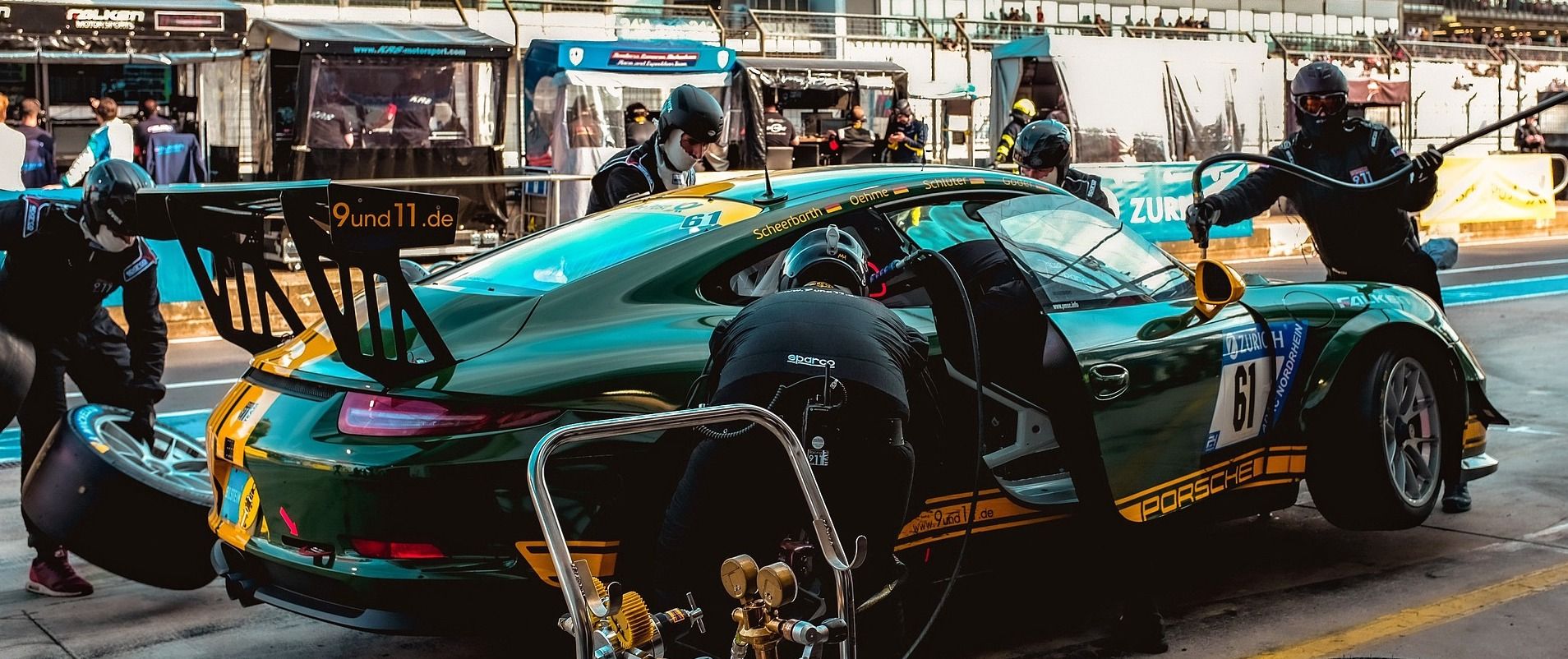The squad career plan - how we do continuous squad improvement

If I had to choose between improving each member of a squad, or improving the squad itself, I would choose the squad every time. A team is greater than the sum of its parts, and so improving the squad will be multiplicative compared to improving each member. The problem is most organisations have detailed career/improvement plans for individuals, but sparse details on how a team/squad improves as a whole.
How does anything improve? Well you need a couple of elements:
| Generally | Example: Product manager -> Senior PM |
|---|---|
| 1. Knowing what improved looks like | Senior Product Manager skills/abilities matrix |
| 2. Knowing what the current state is | Audit using feedback/performance reviews etc. |
| 3. A plan to get from current -> improved | Promotion plan with line manager |
So how do we improve a squad? Well we need to define what good looks like, as a start.
Enter the squad career plan. The squad career plan describes the knowledge, skills and behaviours that would describe the ideal squad. This is probably fairly similar across organisations but with tweaks/modifications to account for the uniqueness of any organisation. Koru Kids has made their squad career plan public if you want to get into the nitty gritty, but here’s a summary of the 7 areas we have explicitly defined:
🔬Focused Work
We’re always in sync and remain focused on a singular goal at any one time. We’re diligent in avoiding spreading our focus, no matter how small, because we know working in serial is more effective. We might need to invest in areas that minimise the impact and frequency of interruptions, but we plan this like any other work.
🪐 Masters of your Universe
We’re in control of our domain, taking full ownership and responsibility for all aspects. We know why we exist and may have written a mission statement to support that purpose. The role we play in company success is clear to everyone, with our product strategy being central to company strategy, rather than being developed as a response to company strategy.
🔋 Motivation & Energy
We make sure our energy and motivation levels give us the resilience to see through tough challenges. We acknowledge that energy and motivation aren’t always intrinsic, so make sure to support each other, recognise our efforts and give gratitude whenever possible.
👩🔬 Innovation
We regularly seize opportunities for innovation. We understand that innovative solutions to real business problems will push us forward faster and in more substantial leaps. We still celebrate when we fail, because we know it was the right thing to do.
🥃 Quality & Execution
We’re comfortable with big and ambiguous problems, knowing how to break them down and ship them incrementally. We’re uncomfortable with work that isn’t integrated at least once a day, and invest in tools to ensure we can confidently deliver changes in seconds. Shipping on a Friday is just like any other day.
🌱 Self Improving
We know we can improve on strengths as well as weaknesses, and regularly reflect on our improvement over time. We take a disciplined approach to retrospectives, using them as a critical tool in self improvement and learning. We know what is expected of us, and can coach and support each other when we fall below our expectations.
🦾 Lean
We value lean software development practices. This means the way we work aims to minimise waste primarily through avoiding handoffs and task switching, choosing just-in-time production over planning sessions and backlogs, and avoiding extra features. We might use tools to support this, enforcing ‘Work in Progress’ limits or trunk-based development.
This plan allows us to perform Squad health checks, which we do quarterly at product engineering meet ups. As a squad we spend an hour comparing where we are to the plan, and coming up with actions to get us closer to the ideals in the plan.
We’ve then got 3 months to implement those actions and ultimately improve at a squad level.. jammy, no?